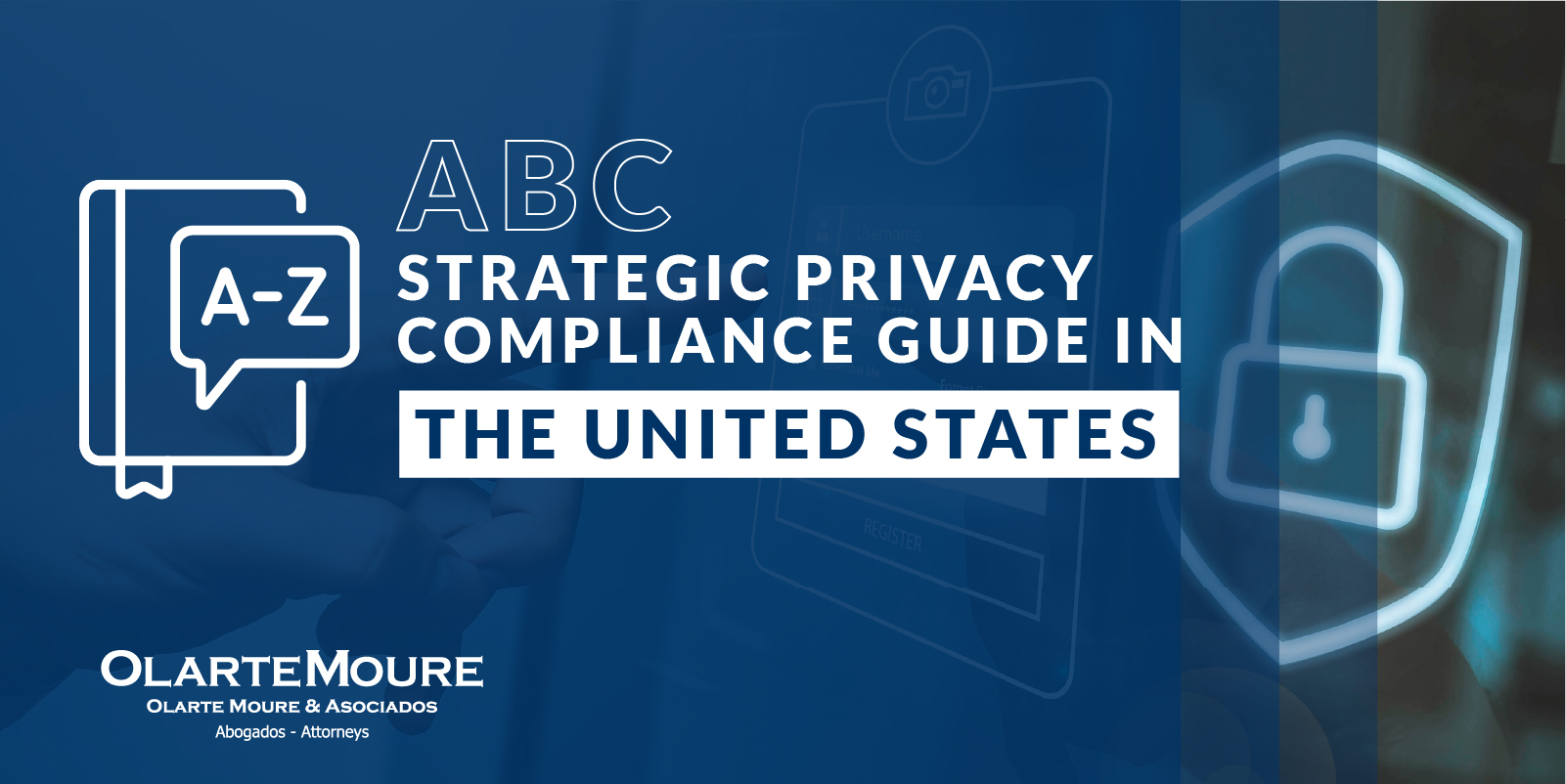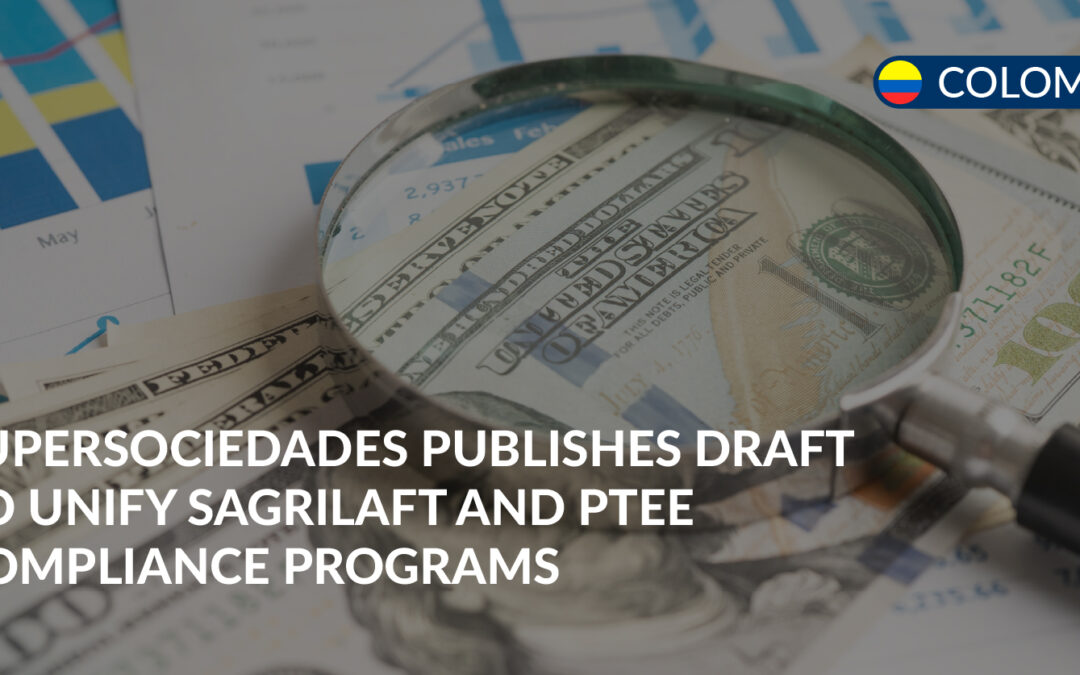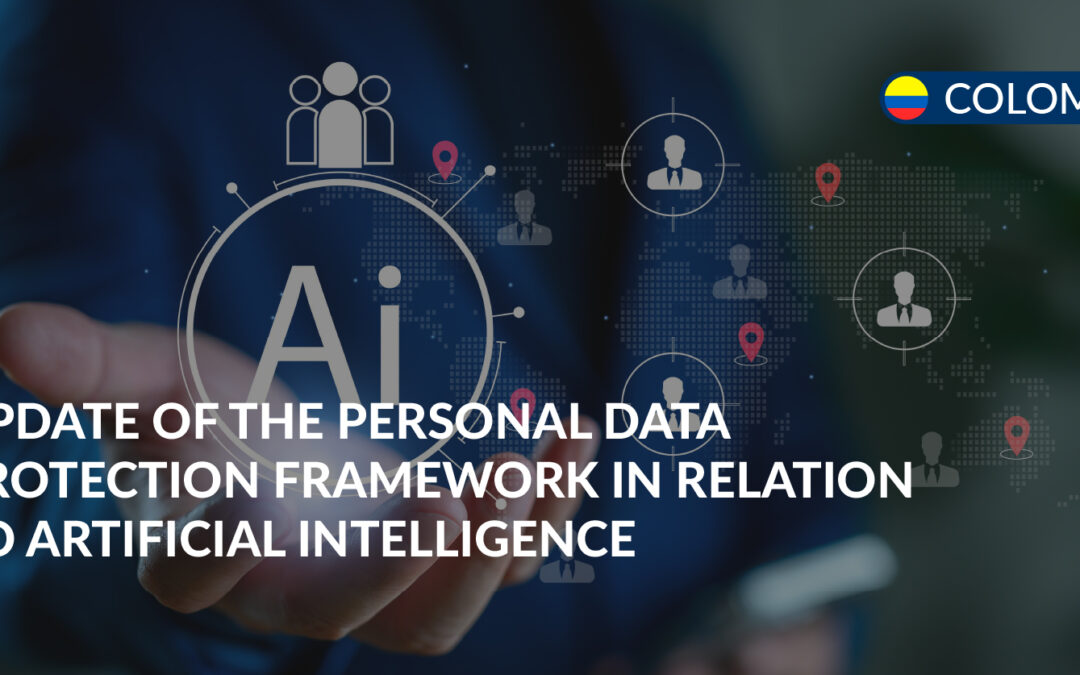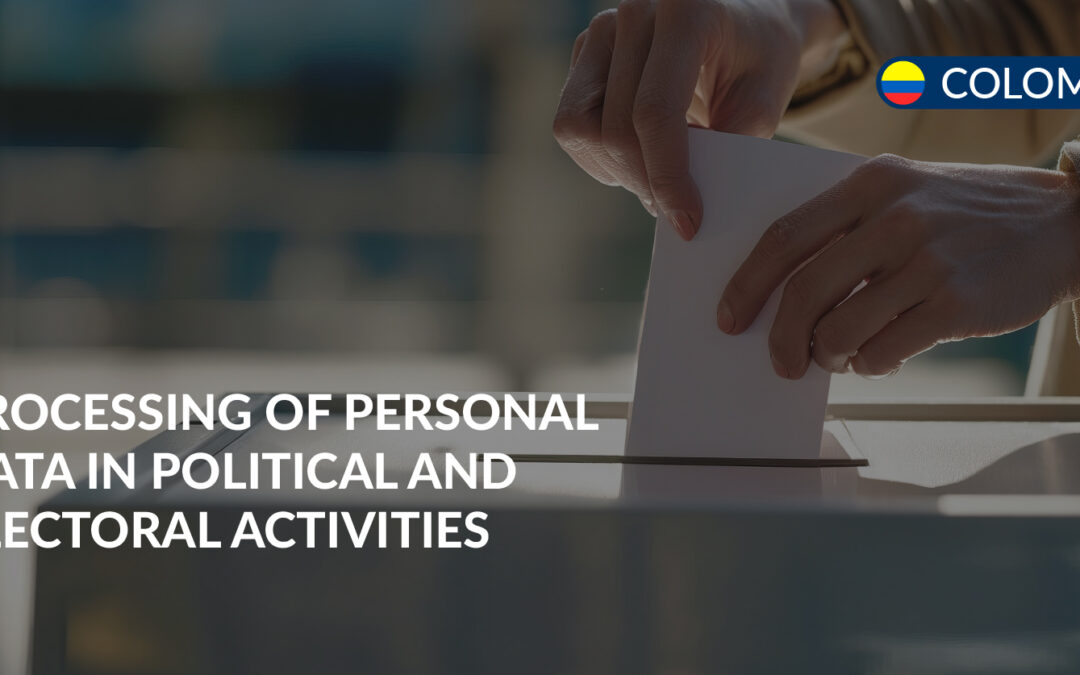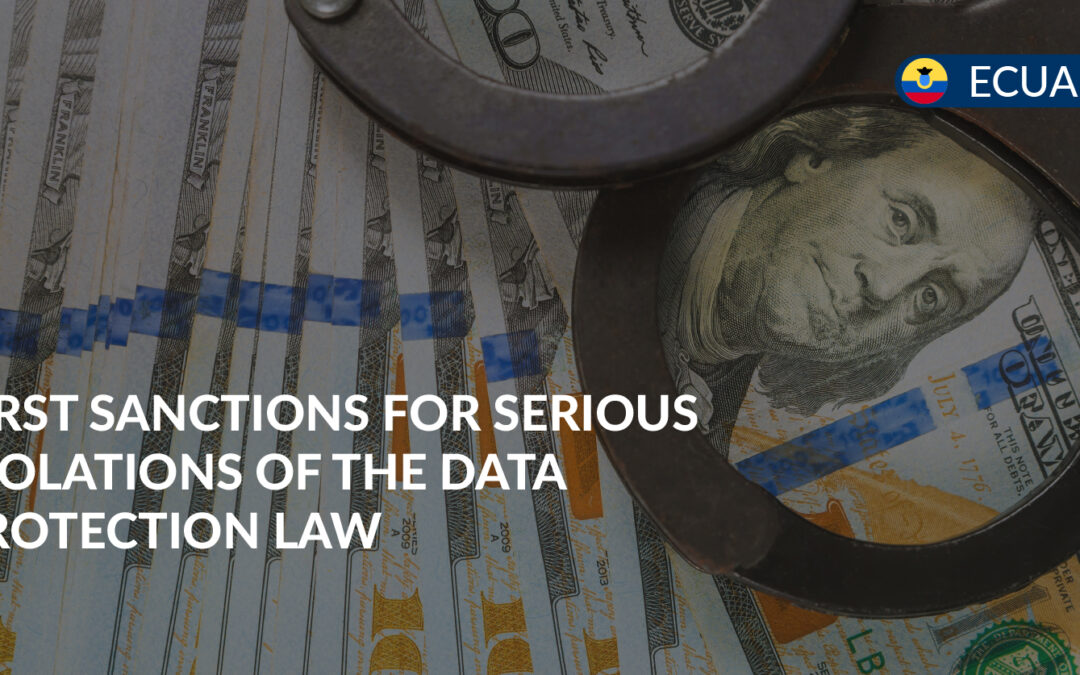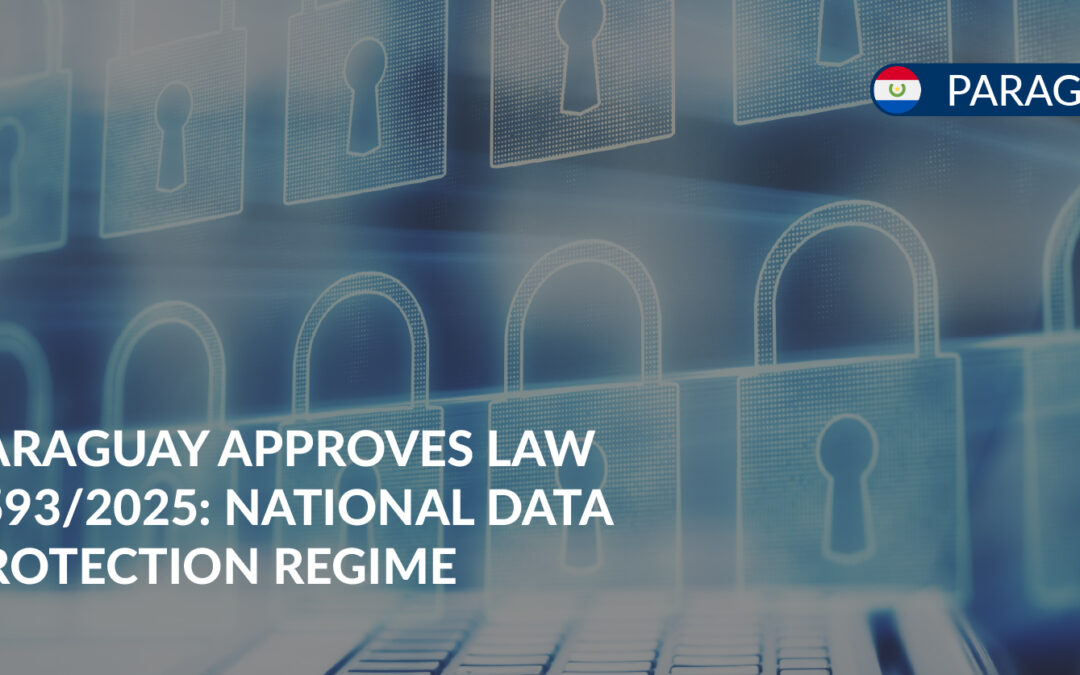Data protection in the USA
In general terms, these laws apply to companies that process personal data of state residents, provided that they exceed certain thresholds of data volume or revenue, and they often exclude small businesses. Importantly, these statutes do have an extraterritorial effect, as their applicability does not depend on whether the business is physically established in the state but rather on whether it processes the data of residents.
Key Obligations of a Data Controller in the U.S.
Within the U.S. regulatory landscape, a Data Controller must adopt internal policies and procedures to ensure compliance with applicable laws. The principal obligations include:
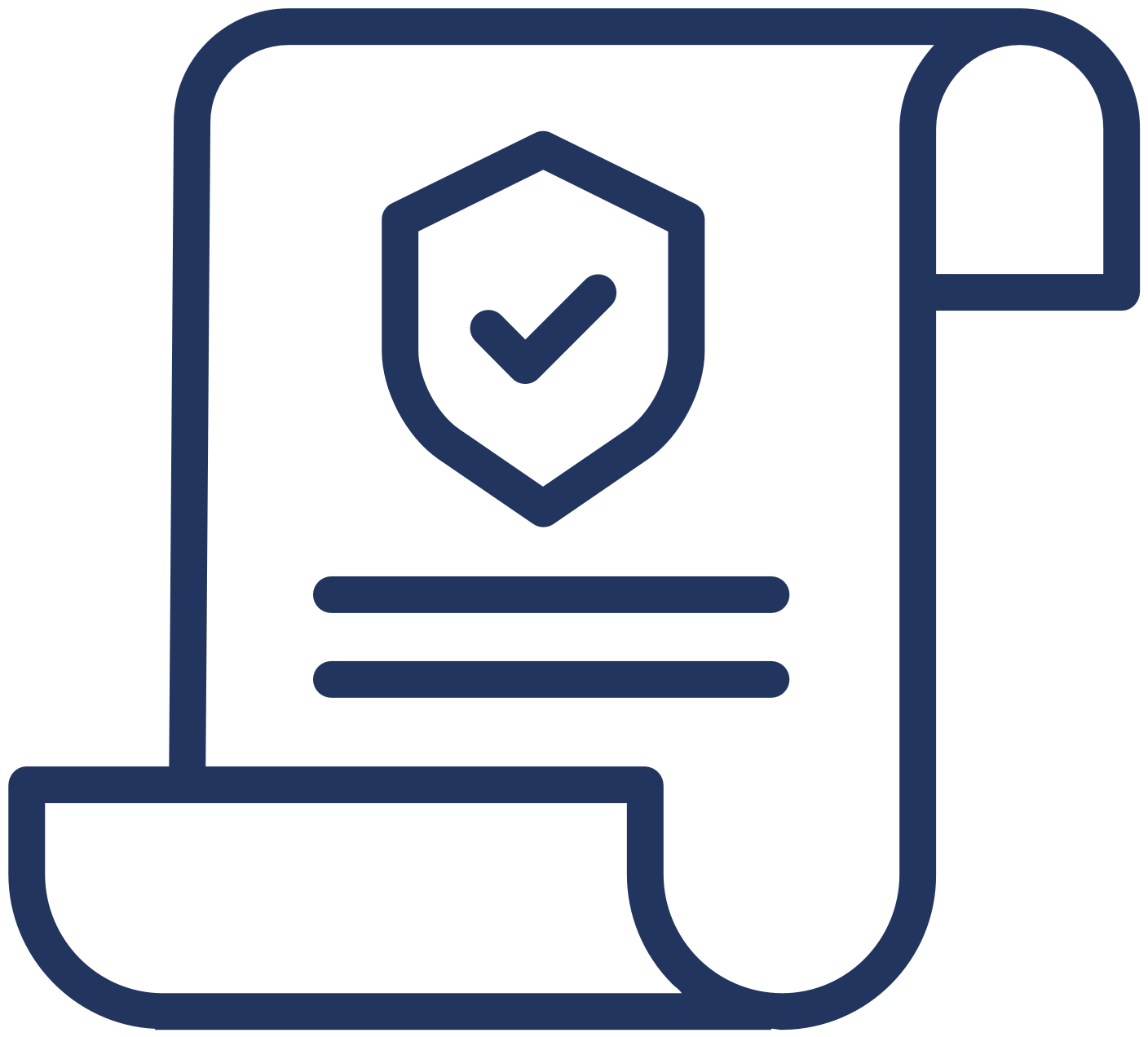
1. privacy policy:
Every business must publish a clear and updated privacy policy explaining how it collects, uses, shares, and protects personal data.

2. PRIVACY NOTICES:
Many laws require notices at the point of data collection (e.g., under CCPA/CPRA in California). For biometric data, Illinois’ BIPA requires written consent and a notice specifying purpose and retention. COPPA mandates parental consent for children under 13, while California prohibits the sale of data of minors under 16 without express consent.

3. INFORMATION SECURITY MEASURES:
Businesses must implement “reasonable security measures” tailored to their size and the nature of the data, ensuring confidentiality, integrity, and availability.

4. INCIDENT AND BREACH MANAGEMENT:
All states require breach notification to affected individuals, and in some cases, to authorities. Controllers must establish incident response plans and comply with strict deadlines (typically 30–60 days).
Is a DPO Required in the United States?
Unlike the GDPR, which mandates the designation of a Data Protection Officer (DPO) in certain cases, the U.S. does not impose a uniform DPO requirement. State privacy laws generally do not reference this role.
However, several state laws do require the designation of a responsible privacy officer. For instance, the new Minnesota law obliges businesses to appoint a Chief Privacy Officer (CPO).
The Strategic Guide to Privacy Compliance in the United States is a resource designed to help companies understand and navigate the complex US regulatory landscape for data protection. It provides a detailed analysis of the main state and federal laws, the obligations for organisations that process personal data, and emerging trends in artificial intelligence and risk management.
If you would like to learn more about this topic and access practical, up-to-date information prepared by experts in privacy and technology law, download the guide using the form below.


